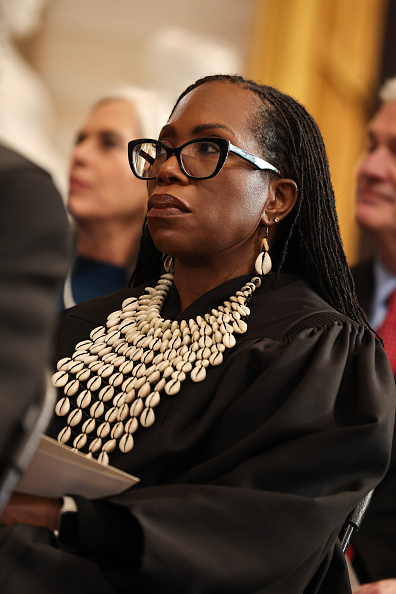SCOTUS will decide whether computer fraud law applies to cop's unauthorized database search

Image from Shutterstock.com.
The U.S. Supreme Court agreed Monday to decide whether the Computer Fraud and Abuse Act applies to a police officer’s unauthorized search of a license place database.
The Cumming, Georgia, police sergeant was allowed to access the database for law enforcement purposes, but he allegedly conducted a search for an improper purpose—to see whether a stripper was an undercover police officer, according to the cert petition.
The officer, Nathan Van Buren, conducted the search for an acquaintance who paid him $6,000 for the information in what turned out to be an FBI sting.
He was convicted for violation of the federal computer fraud law and for honest services fraud, according to coverage of the case by the Volokh Conspiracy and Reuters. The 11th U.S. Circuit Court of Appeals at Atlanta upheld only the computer fraud conviction.
At issue is a provision of the Computer Fraud and Abuse Act that says anyone who intentionally accesses a computer without authorization or who “exceeds authorized access” on a computer commits a federal crime. The provision applies to computers with internet access.
Currently, there is a circuit split on the reach of the federal law. Some circuits hold that the law applies only to hacking and related activities. Others say the law reaches those who have the right to use a computer, but their use violates employer policies or website terms of service.
If the law has the broader reach, “then any trivial breach of such a condition—from checking sports scores at work to inflating one’s height on a dating website—is a federal crime,” the cert petition argues.
“For example, many law schools provide students with access to the Westlaw legal database for educational use only. But a student might use that access for personal purposes—perhaps to look up local housing laws to negotiate rent or to demand a refund of a security deposit. Whether this conduct constitutes a felony hinges on the answer to the question presented.”
The case is Van Buren v. United States.
Hat tip to SCOTUSblog, which noted the cert grant.
Write a letter to the editor, share a story tip or update, or report an error.


